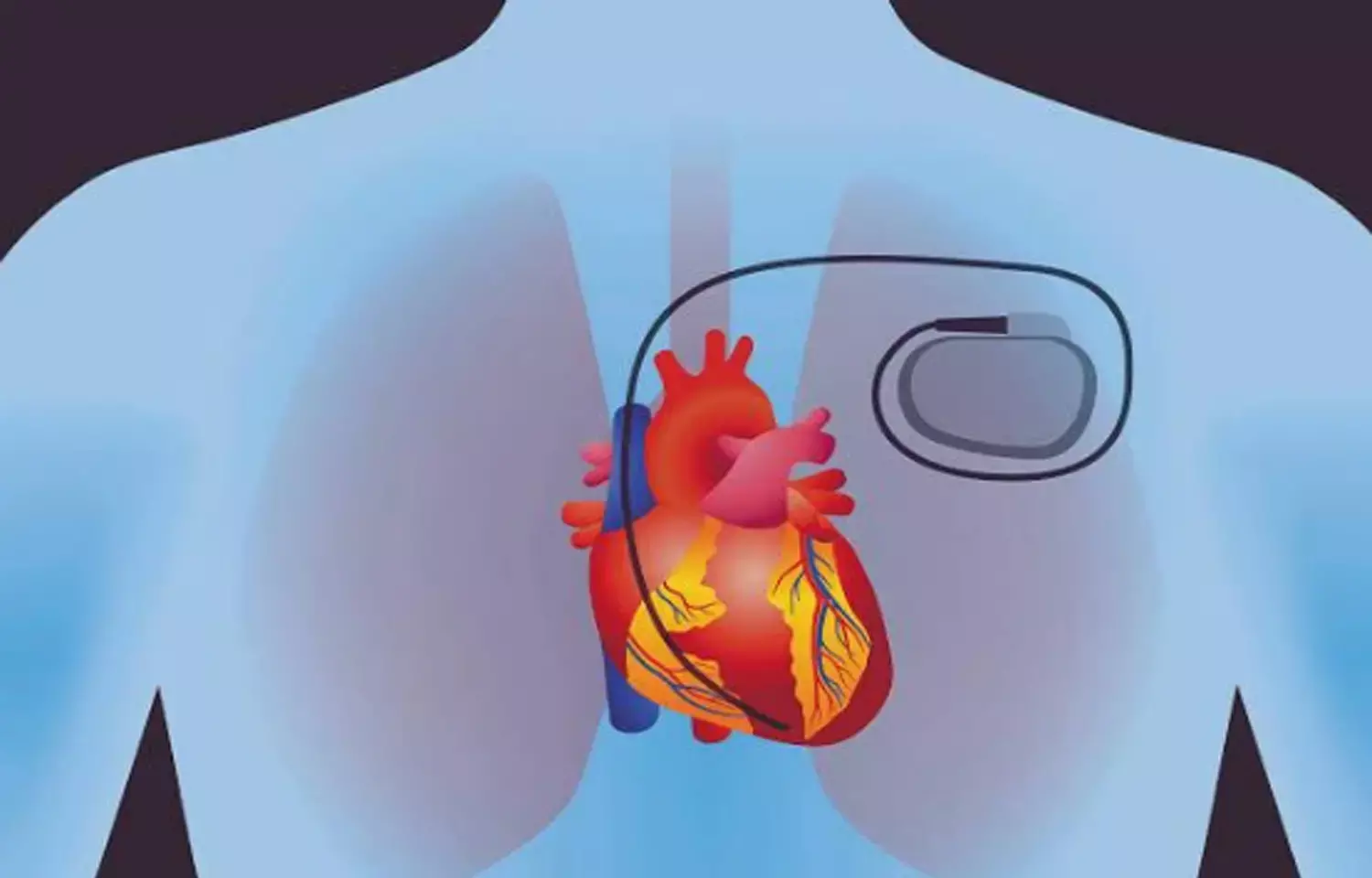- Home
- Medical news & Guidelines
- Anesthesiology
- Cardiology and CTVS
- Critical Care
- Dentistry
- Dermatology
- Diabetes and Endocrinology
- ENT
- Gastroenterology
- Medicine
- Nephrology
- Neurology
- Obstretics-Gynaecology
- Oncology
- Ophthalmology
- Orthopaedics
- Pediatrics-Neonatology
- Psychiatry
- Pulmonology
- Radiology
- Surgery
- Urology
- Laboratory Medicine
- Diet
- Nursing
- Paramedical
- Physiotherapy
- Health news
- Fact Check
- Bone Health Fact Check
- Brain Health Fact Check
- Cancer Related Fact Check
- Child Care Fact Check
- Dental and oral health fact check
- Diabetes and metabolic health fact check
- Diet and Nutrition Fact Check
- Eye and ENT Care Fact Check
- Fitness fact check
- Gut health fact check
- Heart health fact check
- Kidney health fact check
- Medical education fact check
- Men's health fact check
- Respiratory fact check
- Skin and hair care fact check
- Vaccine and Immunization fact check
- Women's health fact check
- AYUSH
- State News
- Andaman and Nicobar Islands
- Andhra Pradesh
- Arunachal Pradesh
- Assam
- Bihar
- Chandigarh
- Chattisgarh
- Dadra and Nagar Haveli
- Daman and Diu
- Delhi
- Goa
- Gujarat
- Haryana
- Himachal Pradesh
- Jammu & Kashmir
- Jharkhand
- Karnataka
- Kerala
- Ladakh
- Lakshadweep
- Madhya Pradesh
- Maharashtra
- Manipur
- Meghalaya
- Mizoram
- Nagaland
- Odisha
- Puducherry
- Punjab
- Rajasthan
- Sikkim
- Tamil Nadu
- Telangana
- Tripura
- Uttar Pradesh
- Uttrakhand
- West Bengal
- Medical Education
- Industry
How early can patients with secondary prevention ICDs drive independently?

The study stresses reconsidering the existing restrictions for private driving following the implantation of a secondary prevention ICD.
Canada: According to a new study, the incidence rate of abrupt cardiac incapacity in modern receivers of Implantable Cardioverter-Defibrillator (ICD) is substantially lower than previously reported, and it dramatically decreases after the first three months. And so, driving limitations should be reduced to three months following the index cardiac event, and current rules should be revised in nations that still adhere to a six-month term.
This study was conducted by Christian Steinberg and the team, findings of which were published in the journal Circulation on 16th December 2021.
Most industrialized nations' regulatory bodies suggest a 6-month private driving limitation following the installation of a secondary preventive ICD. These driving limitations cause major annoyance as well as societal ramifications. The goal of this study was to determine the prevalence of suitable device therapy in current beneficiaries of a secondary prevention ICD.
For this work a retrospective analysis was conducted at three Canadian tertiary care facilities between 2016 and 2020, enrolling consecutive patients with new secondary prevention ICD implants.
The key findings of this study are as follow:
1. A total of 721 patients were monitored for an average of 760 days (324, 1190).
2. The incidence of recurrent ventricular arrhythmia was greatest in the first three months after device installation (34.4%) and gradually declined (10.6% between 36 months, 11.7% between 6-12 months).
3. The comparable incidence rate per 100 patient-days following ICD implantation was 0.48 at 90 days, 0.28 at 180 days, and 0.20 between 181-365 days.
4. Within the first 90 days, the cumulative incidence of arrhythmic syncope resulting in rapid cardiac incapacitation was 1.8%, then declined to 0%.
In conclusion, the risk of syncope due to arrhythmia is minimal after ICD implantation for secondary prevention. Existing limits on private driving after secondary prevention ICD installation should be revisited.
Reference:
Steinberg, C., Dognin, N., Sodhi, A., Champagne, C., Staples, J. A., Champagne, J., Laksman, Z., Sarrazin, J.-F., Bennett, M., Plourde, B., Deyell, M. W., Andrade, J. G., Roy, K., Yeung-Lai-Wah, J. A., Hawkins, N. M., Mondésert, B., Blier, L., Nault, I., O'Hara, G., … Chakrabarti, S. (2021). Driving Restrictions and Early Arrhythmias in Patients Receiving a Secondary Prevention Implantable Cardioverter-Defibrillator (DREAM-ICD-II study). In Circulation. Ovid Technologies (Wolters Kluwer Health). https://doi.org/10.1161/circulationaha.121.056471
Medical Dialogues consists of a team of passionate medical/scientific writers, led by doctors and healthcare researchers. Our team efforts to bring you updated and timely news about the important happenings of the medical and healthcare sector. Our editorial team can be reached at editorial@medicaldialogues.in.
Dr Kamal Kant Kohli-MBBS, DTCD- a chest specialist with more than 30 years of practice and a flair for writing clinical articles, Dr Kamal Kant Kohli joined Medical Dialogues as a Chief Editor of Medical News. Besides writing articles, as an editor, he proofreads and verifies all the medical content published on Medical Dialogues including those coming from journals, studies,medical conferences,guidelines etc. Email: drkohli@medicaldialogues.in. Contact no. 011-43720751


